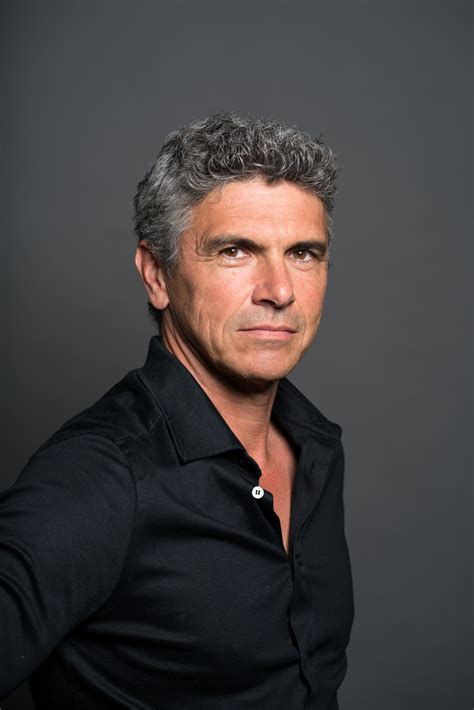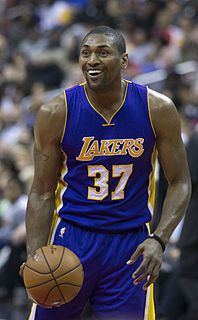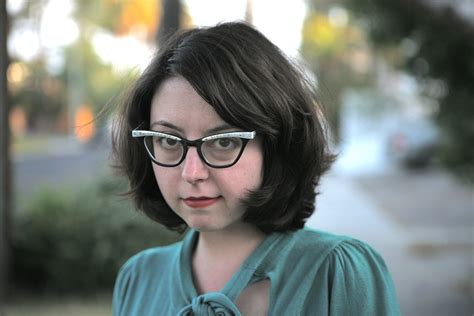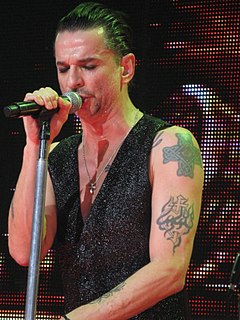A Quote by Jamal Khashoggi
In 2004, Lawrence Wright wrote in the 'New Yorker' about 'The Kingdom of Silence,' where a massive sewer project in Jeddah was really a series of manhole covers across the city with no actual pipes underneath. I, as the editor of a major paper at the time, can say that we all knew - and we never reported on it.
Related Quotes
Another example of what I have to put up with from him. But there was a time I was mad at all my straight friends when AIDS was at its worst. I particularly hated the New Yorker, where Calvin [Trillin] has published so much of his work. The New Yorker was the worst because they barely ever wrote about AIDS. I used to take out on Calvin my real hatred for the New Yorker.
"Only write what you know" is very good advice. I do my best to stick to it. I wrote about gods and dreams and America because I knew about them. And I wrote about what it's like to wander into Faerie because I knew about that. I wrote about living underneath London because I knew about that too. And I put people into the stories because I knew them: the ones with pumpkins for heads, and the serial killers with eyes for teeth, and the little chocolate people filled with raspberry cream and the rest of them.
Clay Felker was then - he had - to his credit, he had created New York Magazine, which was the first of the city magazines that covered the city and gave all kinds of advice and all that sort of stuff. And there were copies all over the country by the time he left. He had, however, a view of journalism that was very much, I must say, like Tina Brown's at The New Yorker. You hit 'em hard, fast, give 'em something to talk about the day after the paper comes out, as contrasted with William Shawn, who gave them something to talk about two or three years from then.
I've been writing for a long time, since the late '60s. But it hasn't been in the same form. I used to write scripts for television. I wrote for my comedy act. Then I wrote screenplays, and then I started writing New Yorker essays, and then I started writing plays. I didn't start writing prose, really, until the New Yorker essays, but they were comic. I didn't start writing prose, really, until the '90s. In my head, there was a link between everything. One thing led to another.
I took to writing as my medicine to help me stay afloat in acting career journey. I wrote about me breaking hearts, and my heart being broken. I wrote about my views whether they were liberal or conservative. I wrote about everything. I wrote about my life. When I did not have paper coming in as green backs, I'd use random pieces of paper for stories. It was like, I got no money, but I have paper to write. So I wrote.
William Maxwell's my favorite North American writer, I think. And an Irish writer who used to write for 'The New Yorker' called Maeve Brennan, and Mary Lavin, another Irish writer. There were a lot of writers that I found in 'The New Yorker' in the Fifties who wrote about the same type of material I did - about emotions and places.
I have a degree in cinema studies and the big paper I wrote at the end of that was about Judy Garland and Liza Minnelli. So I thought that I knew quite a bit about Judy Garland, but I read in passing that the Stonewall riots were a reaction to her death and I had never really read enough to know what that meant or how that could be true. I was interested in that I knew so much about Judy Garland, but I really didn't know this story.
































